
It’s that time again: I have to decide what my next book will be.
It’s hardly a simple decision. I will be living with that choice for the next two years—at least. There will be a year of writing, then a year of revising, editing, and publishing. Maybe more. A few times it’s been all for naught. After drafting the book, I have been compelled (my own judgment) to acknowledge the book isn’t good and is beyond saving. I put it away and start something else.
There are others that were beyond redemption. Gone. Barely remembered. Manuscripts thrown away. Erased. Deleted.
Sometimes I put such a book away and look at it after a few years, thinking I might resurrect it. A book such, Bright Shadow, had that fate (again and again) until it finally emerged as a published book—fourteen years after I had first begun.
But no matter the reason, or lack of reason, a failed book can bring on—for me—a financial crisis. Book writing is how I make my living. A failed book equals failed income.
So, the choice of which book to write is a major one.
Fortunately, I have been blessed with the capacity to think of many ideas. Sometimes the idea is a completely new one. Other times I have an idea and I lodge it somewhere in my memory. And, like going to a file cabinet of old papers, I can extract a notion and see if it can work for me.
I need to find which idea resonates most with me. Not so easy.
Some books had reasons to be written.
I wrote The End of the Beginning because I knew I would enjoy the challenge.
A book such as The Most Important Thing came about because a publisher suggested I write it.
The End of the World and Beyond was a sequel that was almost required to be written.
When I shared my idea for Catch You Later Traitor with my wife she said, “You have to write that.”
Mind, all this it’s not just my decision. There is an editor who must be attracted to the idea. So, I have to write a compelling synopsis. Then the editor must bring it to his/her superior in the publishing house. There might well be an acquisition committee or some such, which must pass on it.
How this kind of decision is made is a complex one. Publishing is a business, not just a creator of literature. Will the idea sell? What’s the author’s track record—if any? How did my last book sell? What is or is not popular these days? The state of the book economy? Literary trends? Fads? What “does the reading public want?” Is the quality of the book worth the investment? Have I pitched it well? And so on.
Have I ever made my own decision based on purely business reasons? No. I have never authored a book because I thought it would fit a commercial mold. But I have made negative decisions because I thought an idea was too outlandish or wouldn’t find an audience.
Or I didn’t think I could do it. For example, I have never written science fiction. I have neither the knowledge nor the skill.
And so on …
But I now have to make the decision.
When I do you might—after perhaps two or three years—learn what I decide.
Okay. What resonates most deeply? This idea? Or that one? Then again, maybe this …
See you then … if then happens.
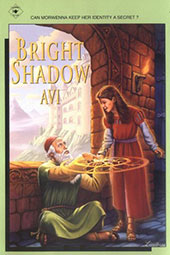
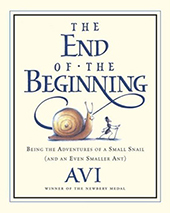
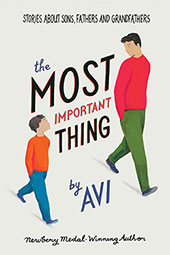
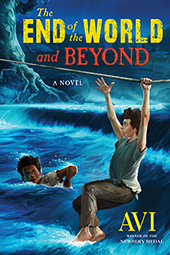
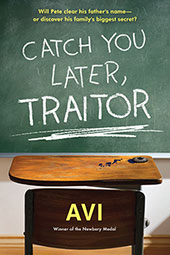
2 thoughts on “Decisions”
We hope you find an amazing story idea, Mr. Avi!
Reading this article opened my eyes to the complicated process from an idea to print. Thank you for sharing this. Most of all thank you for writing so many wonderful books. They have given me (librarian) and countless student’s experiences we would never have enjoyed without your talent and dedication to storytelling.